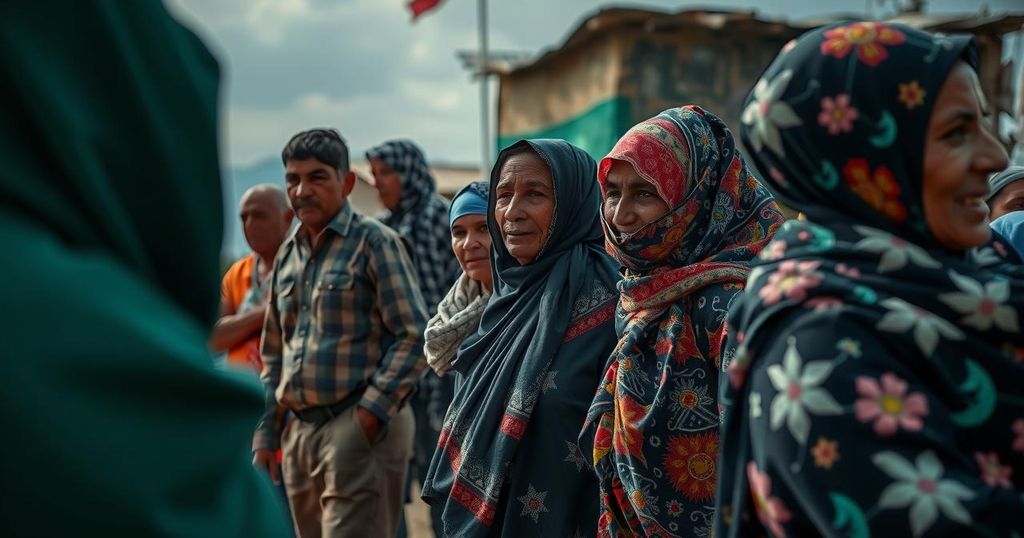Kenya has confirmed the repatriation of four Turkish refugees at Turkey’s request, raising human rights concerns due to this action’s implications for refugee law. The situation has garnered criticism from Amnesty International, citing potential violations of both Kenyan and international refugee protections.
The Kenyan government has acknowledged the apprehension and subsequent deportation of four Turkish refugees, namely Alparslan Taşçı, Mustafa Genç, Huseyin Yesilsa, and Öztürk Uzun, following a formal request from Turkey’s government. This development was confirmed on Monday by Korir Sing’oei, the Principal Secretary of Foreign Affairs, who emphasized that Ankara pledged to treat these individuals with dignity in accordance with both national and international legal standards. The four refugees were transported from Nairobi to Turkey on Friday. Dr. Sing’Oei stated, “The Ministry of Foreign and Diaspora Affairs has received assurances from the Turkish authorities that the four will be treated with dignity in keeping with national and international law.” He highlighted the request’s basis on the strong and historical ties between Kenya and Turkey, rooted in mutually beneficial bilateral agreements. Furthermore, he reiterated Kenya’s commitment to protecting the privacy and confidentiality of the repatriated individuals, noting that the government would withhold comments regarding the case until a comprehensive inter-agency review is concluded. Despite this affirmation, Amnesty International has expressed grave concerns regarding the legality of the refugees’ abduction and repatriation. The organization labeled these actions as a violation of Kenya’s and international laws pertaining to refugee rights. According to Amnesty’s statement, the individuals had sought protection within Kenya, and their forced return may expose them to extreme human rights abuses in Turkey. They specifically warned that such actions contravene the principle of non-refoulement enshrined in international codes, including the 1951 Refugee Convention and the African Union Convention Governing Specific Aspects of Refugee Problems in Africa. Yasin Yakut, a director associated with refugee matters, voiced additional concerns over the safety of these individuals, asserting their status as accepted refugees supported by various organizations. The case was reportedly logged at the Kileleshwa Police Station as an abduction by Yusuf Kar.
The situation concerning the repatriation of the four Turkish refugees highlights ongoing challenges in refugee protection and rights enforcement both in Kenya and in the context of international law. With over 780,000 refugees residing in Kenya, concerns persist regarding the safety and treatment of individuals seeking asylum. The repatriation raises significant legal questions, particularly in light of the principle of non-refoulement, which prohibits sending refugees back to countries where their lives or freedoms might be threatened. The Kenyan government’s actions, predicated on its strategic relations with Turkey, juxtaposed against international advocacy for refugee rights, complicate the narrative surrounding refugee treatment in the region.
In conclusion, the Kenyan government’s repatriation of four Turkish refugees at Turkey’s behest raises significant legal and ethical concerns regarding the treatment of refugees and adherence to international refugee laws. While the Kenyan administration has assured that the individuals will be treated with dignity, organizations like Amnesty International have condemned the actions as violations of fundamental refugee rights. The case underscores the complexities of international relations and domestic legal obligations in the context of refugee protection.
Original Source: nation.africa






